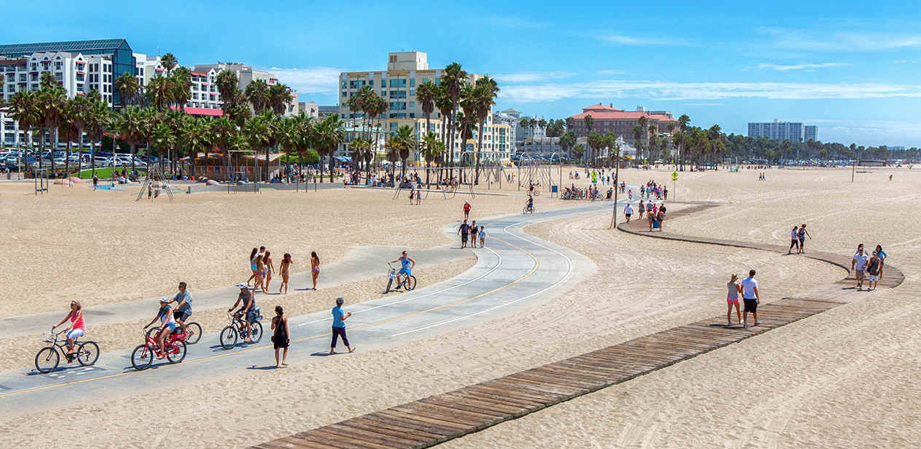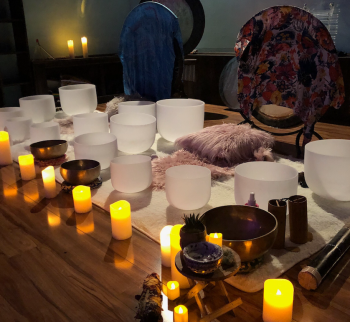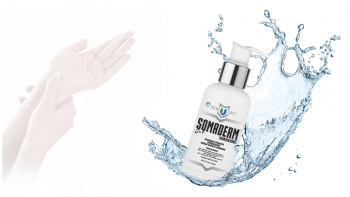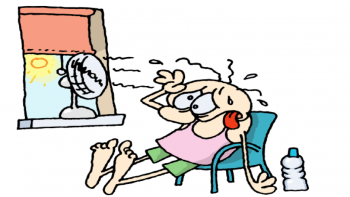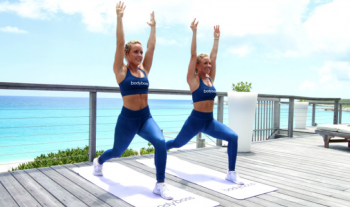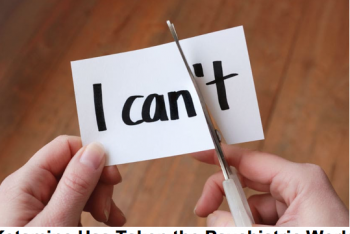WELLNESS--Los Angeles gives us summer-like weather almost all year round. But even here in California, the rays of the sun become more intense during the summer months, so regardless of where we live, we must all be extra mindful about our sun exposure during this time of the year.
The American Cancer Society states that there are over five million new skin cancer cases each year and that melanoma outweighs all other cancers combined! These are staggering statistics especially for those of us who live in a sunny climate and may be at increased risk.
There seems to be a lot of confusion about healthy sun exposure and whether or not a tan equals potential long-term damage to our skin. While there are many opinions on this topic, some things remain clear.
The basic guidelines to follow in order to reduce your overall risks of cancer and aging of the skin are:
- Avoid lengthy sun exposure at peak times between 10am-4pm
- Cover up with clothing, a brimmed hat, and sunglasses
- Remain in shady areas between 10am-4pm
- Apply quality sunscreen liberally to exposed areas
With new studies coming out about potential dangers of certain chemicals in sunscreen, it can be overwhelming trying to decide which ones to purchase to protect you and your family. As a general guide, stick to natural sunblock whenever possible. Look for creams and lotions that contain titanium dioxide and/or zinc oxide as their main sun protection ingredients.
While the verdict is still out, certain ingredients may act as endocrine disruptors which can mimic the hormone estrogen. When made by the body or given as a drug, increased estrogen may affect reproductive organs and may also raise the risk of certain cancers. For more information, visit the Environmental Working Group EWG for a list of sunscreen products which can be harmful.
Along with being smart about your sun exposure, you may want to take some natural approaches too, in order to boost your body’s ability to block harmful UVA and UVB rays.
Astaxanthin– this potent antioxidant found most often in shrimp, salmon, lobster, and krill has been shown to increase the body’s natural ability to absorb UVA and UVB. Supplementing a minimum of 2mg of Astaxanthin per day, may help to lower your risk of cancer and reduce overall inflammation.
Topical Vitamin C– Applying a Vitamin C serum or cream with your sunscreen may act as extra defense from the damage that the sun causes to your skin. A serum is best, one that contains at least 15% pure Vitamin C.
CoQ10– Supplementing with Coenzyme Q10 and using it topically in creams or lotions may help to fight the free radicals that come from the sun’s rays. Italian researchers found that melanoma patients had very low levels of CoQ10 compared to those who were free of cancer. Another study in 2006 showed that topical CoQ10 suppressed the inflammation caused by UV radiation.
Healthy Exposure– More and more doctors and health practitioners are suggesting that 10-20 minutes of sun exposure to a large percentage of your skin without sunscreen, may actually be a healthy and good way to produce natural Vitamin D3. Some experts suggest doing this before 10am or after 4pm while others say that peak times are okay.
Vitamin D– Supplementing Vitamin D3 may help to boost immunity and reduce the risk of certain cancers. It is thought that taking Vitamin K along with D3 may increase the positive effects of a Vitamin D3 supplement.
Apart from avoiding skin cancer, many of us want to keep our largest organ looking young and supple. It really is a balancing act of getting enough rays to boost our health and immunity without overdoing it and causing sun-related aging of our skin.
Like all things in life, balance is key. It is vital that we don’t live in fear or angst about enjoying healthy sun time with friends and family, but also, ensuring that we are taking precautions and being smart.
Let this summer be one that you remember. Take the steps to protect yourself and then go out and celebrate this wonderful time of the year. Be healthy, be safe, and enjoy!
*Always consult with your doctor about healthy sun practices, especially if you have a history of melanoma or are at increased risk of cancer.
(Jay Bradley is a Youthful Aging, Wellness & Lifestyle Coach Living in Los Angeles. http://www.JayBradleyLifestyle.com. He is the Author of LIVE LOOK FEEL, The 12-Week Guide to Live Longer, Look Younger & Feel Better!)
-cw

